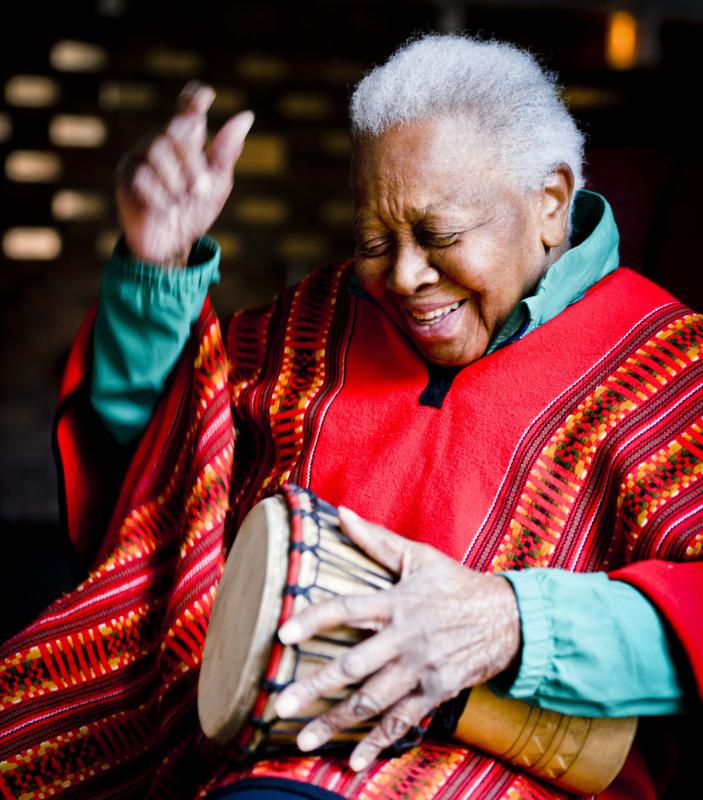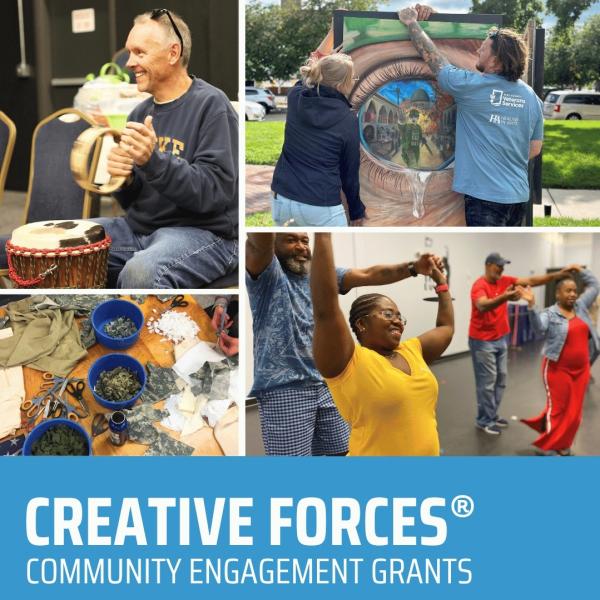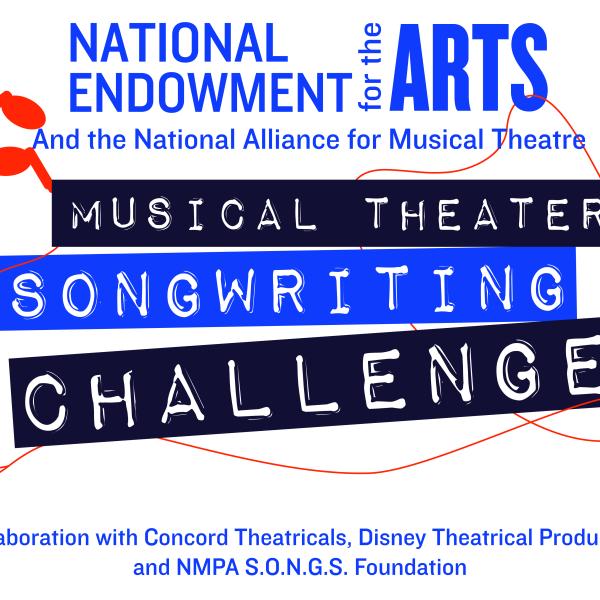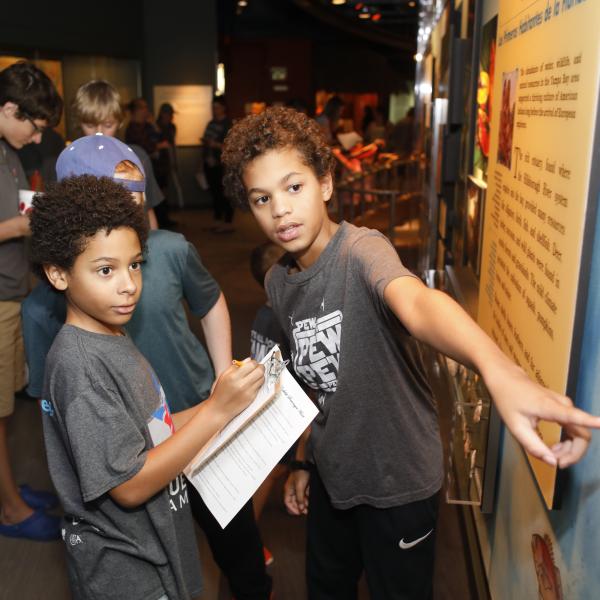National Endowment for the Arts Statement on the Death of National Heritage Fellow Ella Jenkins

2017 NEA National Heritage Fellow Ella Jenkins. Photo by Alison Green
Washington, DC—It is with great sadness that the National Endowment for the Arts acknowledges the passing of children’s folk singer and musician Ella Jenkins of Chicago, Illinois, recipient of a 2017 NEA National Heritage Fellowship. Through more than 50 years of groundbreaking efforts, Ella Jenkins, aptly nicknamed the “First Lady of Children’s Music,” laid the groundwork for the field of children’s music and inspired generations of children’s music leaders who have followed in her footsteps.
“Children are very important in the growth of our nation,” said Jenkins for the 2009 Smithsonian Folklife Festival. “They will carry on our musical traditions, share our heritage with people of the world, and see to it that the words ‘freedom,’ ‘justice,’ ‘integrity,’ ‘liberty,’ and ‘equality’ be exercised daily in thought and action, projecting these principles to future generations.”
Jenkins was born to an African American working-class family in St. Louis, Missouri, on August 6, 1924. Her family moved to Chicago’s South Side, moving frequently to get to a more “uptown” neighborhood. Her family and neighborhood life provided the basis of her musical education—each move allowed Jenkins to experience the rhythms, rhymes, and games in each new neighborhood, which could be different even if only a few blocks apart. She was fascinated by her Uncle Flood, who played the harmonica, and alongside him she would tease out rhythms on oatmeal boxes, wastebaskets, and cooking pots. “I was naturally rhythmic,” she stated, “and would try to copy my uncle’s sounds by whistling. But my mother did not like it, saying good women and young girls did not whistle.” Yet it was her mother who took her to the music store to purchase her first harmonica. Her brother taught her songs he learned at summer camps.
After graduating college in San Francisco, Jenkins returned to Chicago and worked in community centers and for the YWCA where she began to create songs for children. Performing on the streets led to an appearance in 1956 on the early children’s television program Totem Club, on WTTW Channel 11, which led to This is Rhythm, her own full segment on the show. She also appeared on shows like Sesame Street and Mister Rogers’ Neighborhood. As a self-employed full-time musician, Jenkins traveled the world sharing her music with children and learning from them their own cultural songs and stories. A celebration of Jenkins’ 100th birthday took place at Ella Jenkins Park earlier this year. The Chicago park, now named in her honor, marks the spot near her longtime place of worship where Jenkins used to perform her folk songs for kids.
In this tribute video composed for the celebration of Ella Jenkins’ NEA National Heritage Fellowship in 2017, Chicago’s Michelle Boone shared: “Ella Jenkins’ gift of music really speaks at her ability to get at this very basic common denominator in us all... It’s not just about her being a performer or a songstress, but that she genuinely cares about sharing with anyone she comes in contact with.”
Grammy award-winning musician Dan Zanes and Haitian American vocalist and music therapist Claudia Zanes performed in Jenkins’ honor at the 2017 NEA National Heritage Fellowships concert in Washington, DC. Dan Zanes described a time when he experienced Jenkins with his then young daughter: “There was a woman on the stage with nothing but a baritone ukulele … over the course of the next hour, she had every single person in that room either up on stage singing along, using their hands … there was no wall between her and the audience. We were all in it together in a way I’ve never seen before, and I’ve never seen since. That was Ella Jenkins’ essence.”
Related Content
Contact
NEA Public Affairs
publicaffairs@arts.gov




